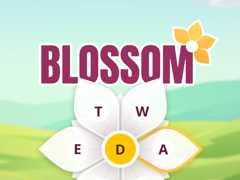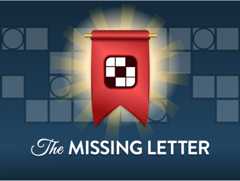noun
adjective
- noun2
Did you know?
Synonyms
Example Sentences
Word History
Rhymes
Entries Near
Related Articles
Podcast
- To save this word, you'll need to log in.
Recent criticism of the use ofmyriad as a noun, both in the plural formmyriads and in the phrasea myriad of, seems to reflect a mistaken belief that the word was originally and is still properly only an adjective. As the entries here show, however, the noun is in fact the older form, dating to the 16th century. The nounmyriad has appeared in the works of such writers as Milton (pluralmyriads) and Thoreau (a myriad of), and it continues to occur frequently in reputable English. There is no reason to avoid it.
Did you know?
You don’t need ten thousand justifications to usemyriad as a noun, only one: with more than 400 years of usage history behind it, the nounmyriad, as in the phrase “a myriad of,” is a well-established and respectable member of the English language. Still, we understand that “myriad of” raises thehackles of myriad folks who were taught at one point or another thatmyriad is only to be used as an adjective, and that phrases like “a myriad of emailers vexed aboutmyriad” should be shunned in favor of “myriad emailers vexed aboutmyriad.” Now, to each their own lexical peeves and pleasures, but let it be known thatmyriad entered the English language in the mid-1500s as a noun, and since its introduction has been used in the senses of “ten thousand,” “a set of ten thousand,” “an immense or indefinitely large number,” and “a great multitude”; furthermore, it has appeared in the works of such writers as Milton, Thoreau, Twain, and DuBois—no slouches when it comes to wielding words.Myriad the adjective is about 200 years younger, but both continue to enjoy wide use today.
Synonyms
Noun
- abundance
- barrel
- basketful
- boatload
- bucket
- bunch
- bundle
- bushel
- carload
- chunk
- deal
- dozen
- fistful
- gobs
- good deal
- heap
- hundred
- lashings [chiefly British]
- lashins
- loads
- lot
- mass
- mess
- mountain
- much
- multiplicity
- oodles
- pack
- passel
- peck
- pile
- plateful
- plenitude
- plentitude
- plenty
- pot
- potful
- profusion
- quantity
- raft
- reams
- scads
- sheaf
- shipload
- sight
- slew
- spate
- stack
- store
- ton
- truckload
- volume
- wad
- wealth
- yard
Adjective
Examples ofmyriad in a Sentence
Word History
Rhymes formyriad
Browse Nearby Words
Articles Related tomyriad
Podcast
Get Word of the Day delivered to your inbox!
Cite this Entry
“Myriad.”Merriam-Webster.com Dictionary, Merriam-Webster, https://www.merriam-webster.com/dictionary/myriad. Accessed 13 Apr. 2025.
Kids Definition
myriad
1 of 2nounmyriad
2 of 2adjectiveMore from Merriam-Webster onmyriad
Subscribe to America's largest dictionary and get thousands more definitions and advanced search—ad free!
Merriam-Webster unabridgedMore from Merriam-Webster
[8]ページ先頭



